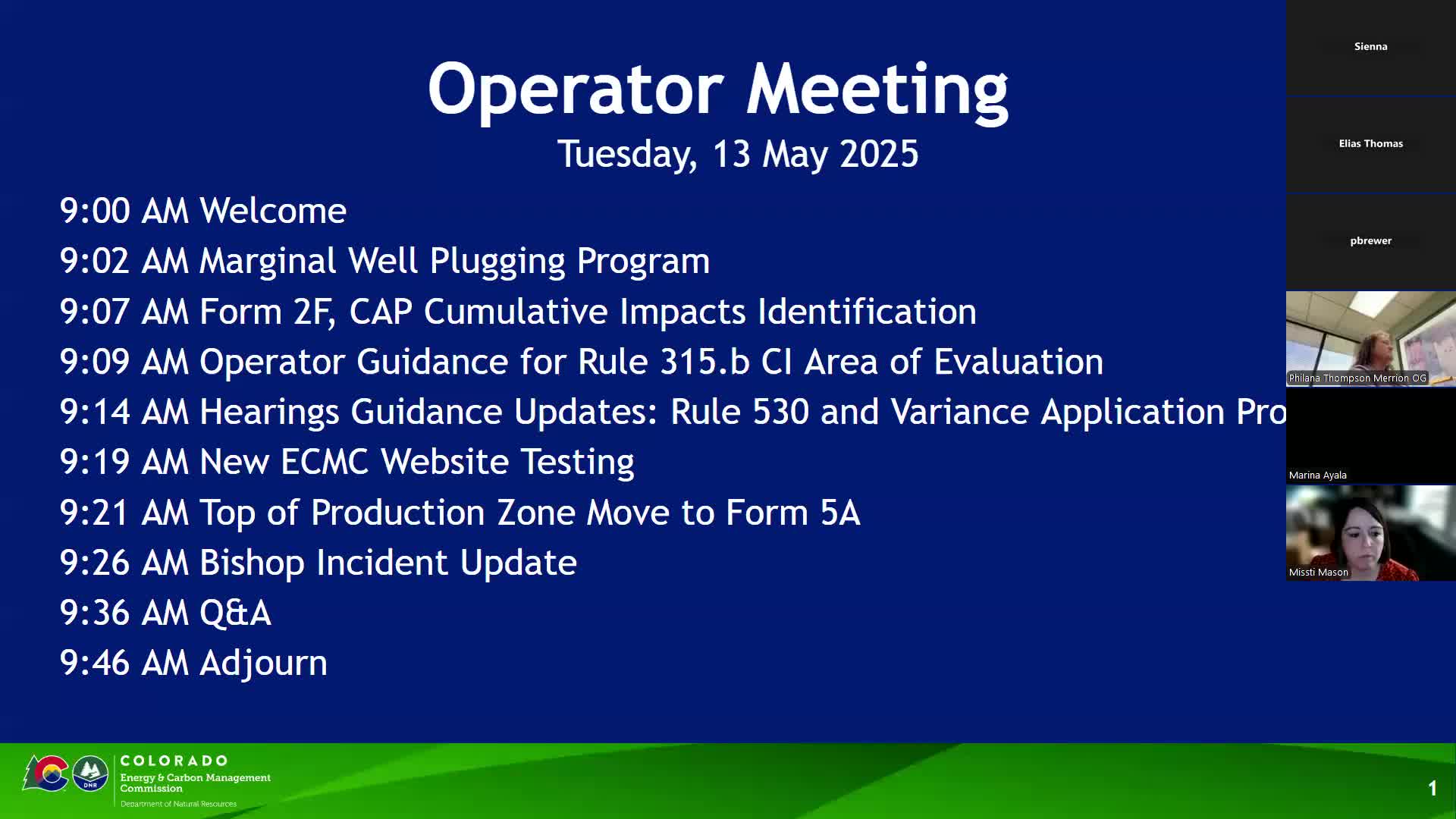Article not found
This article is no longer available. But don't worry—we've gathered other articles that discuss the same topic.
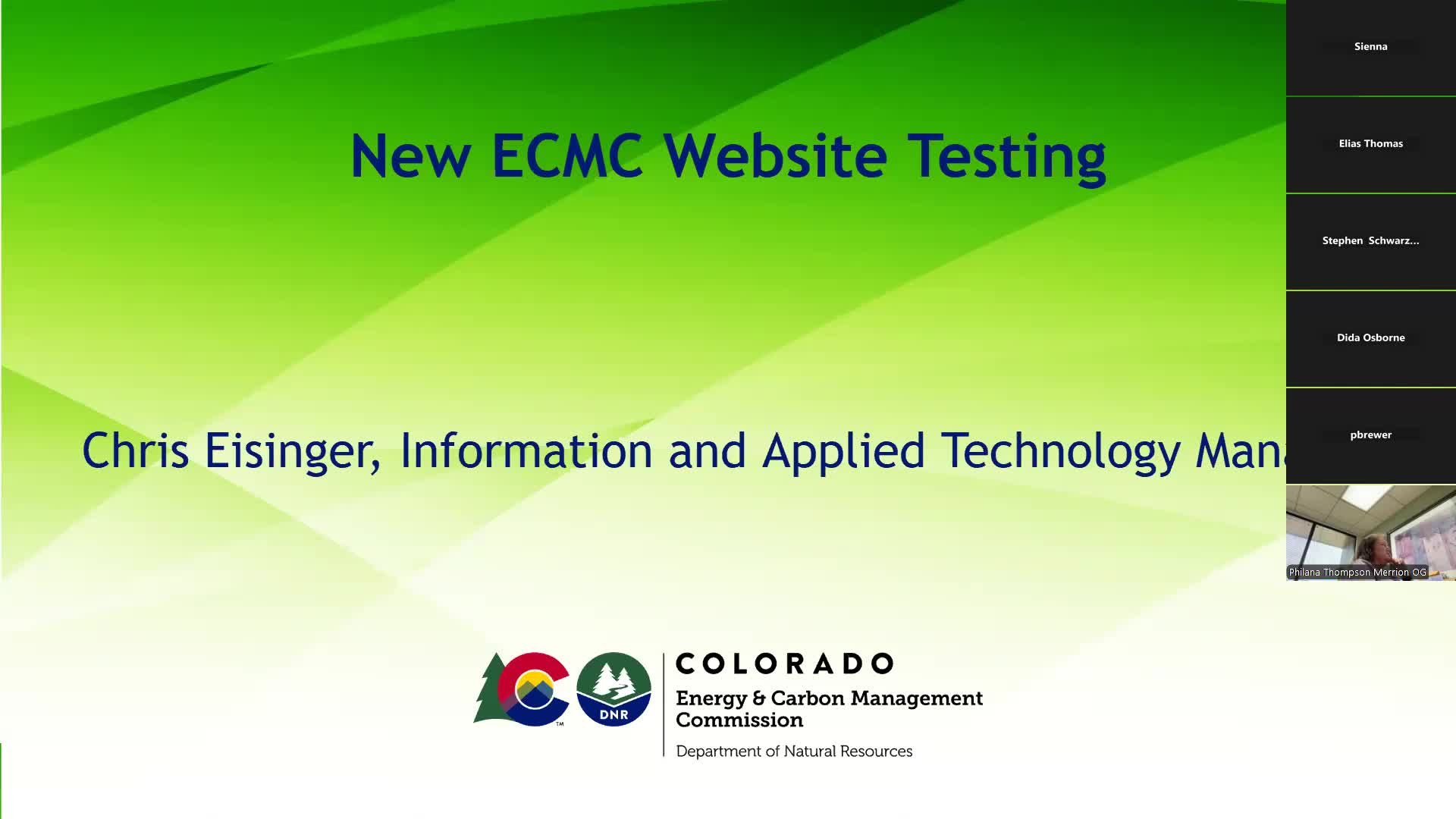
ECMC to launch new website in June; seeks operator user testers
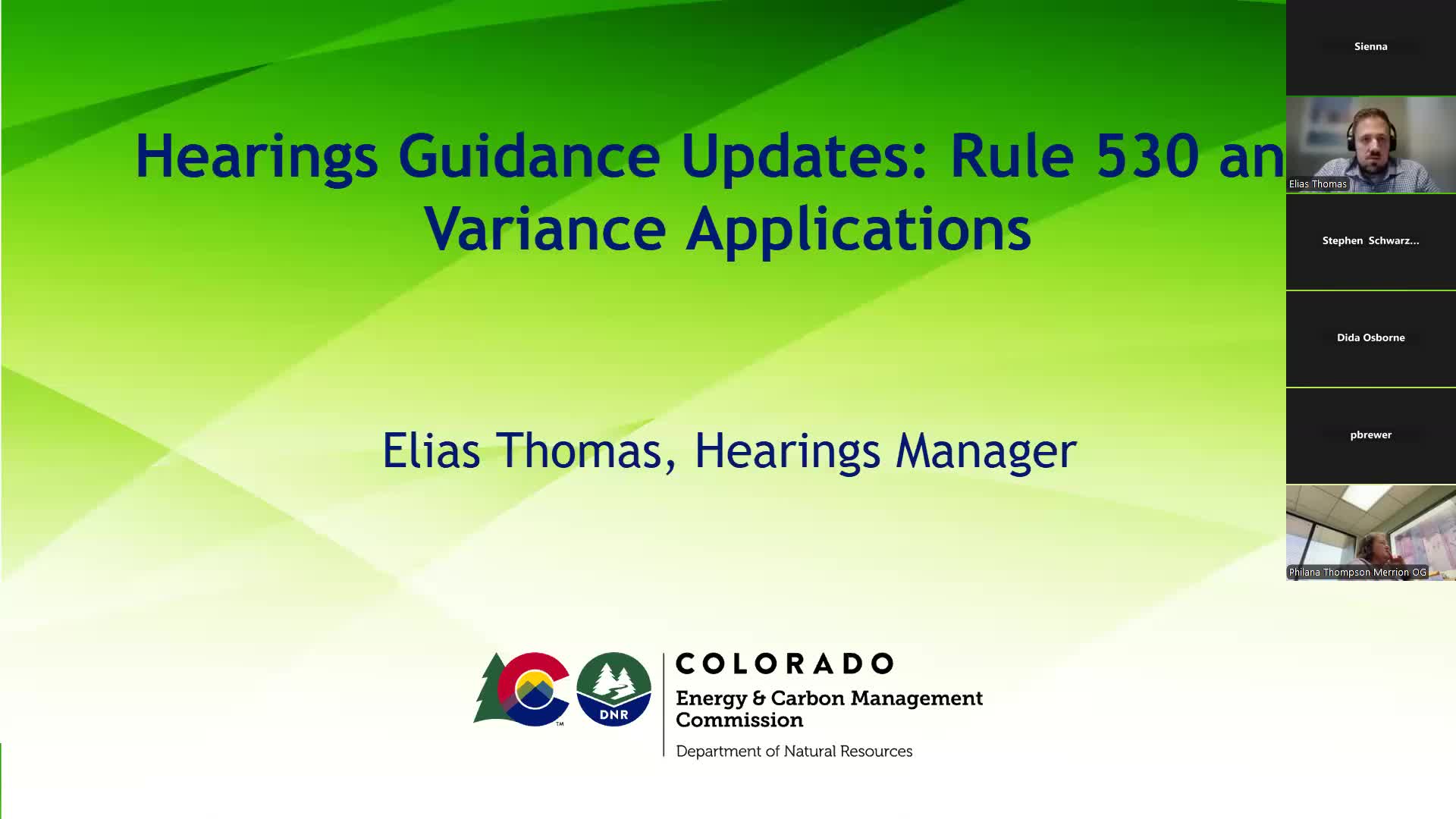
ECMC posts ex parte communications guidance and plans detailed variance application template
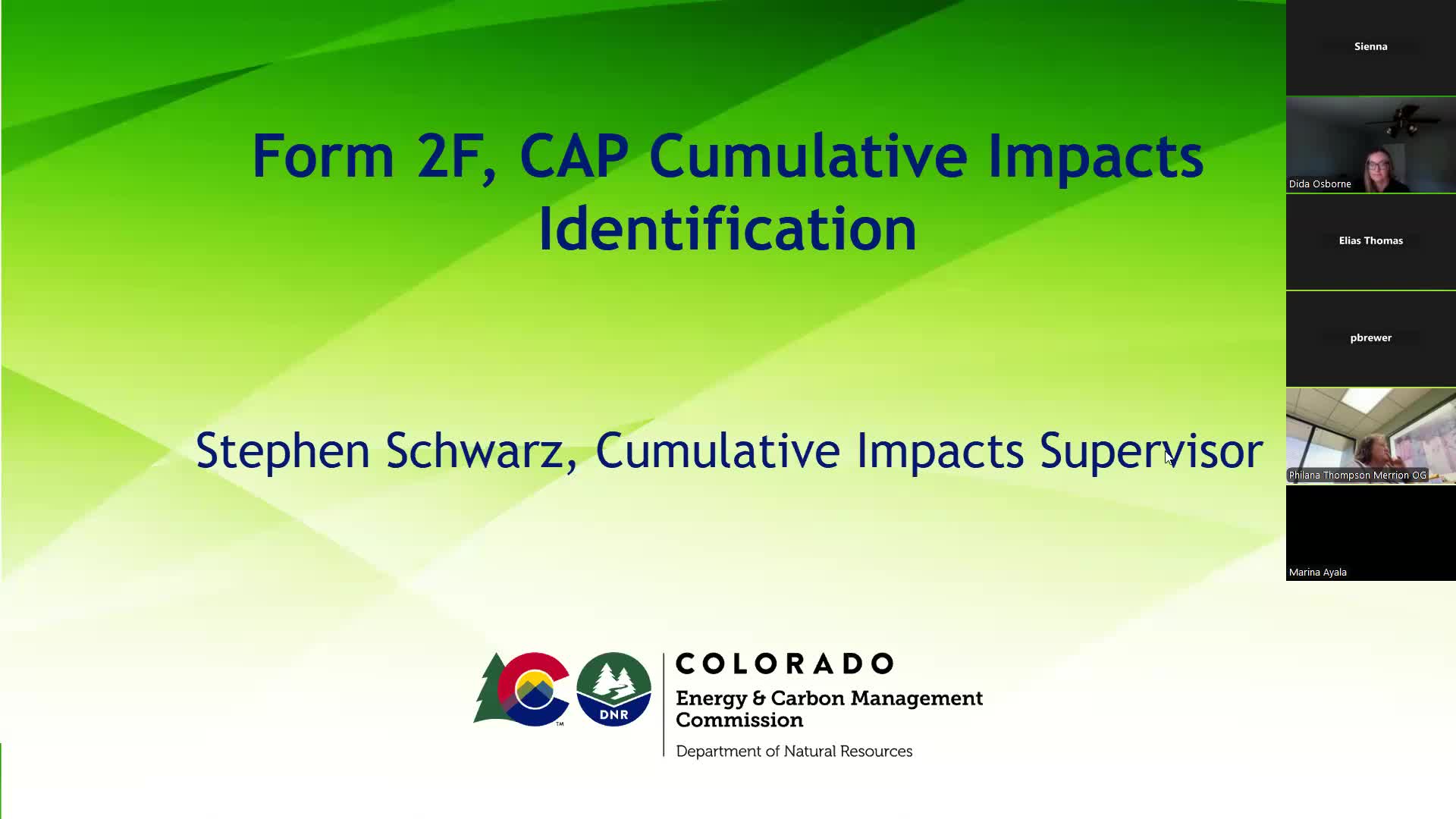
ECMC posts Form 2F and begins guidance on cumulative-impacts area of evaluation

ECMC updates Form 5A workflow: TPZ now controlled by Form 5A; due date clarified as 30 days after operation
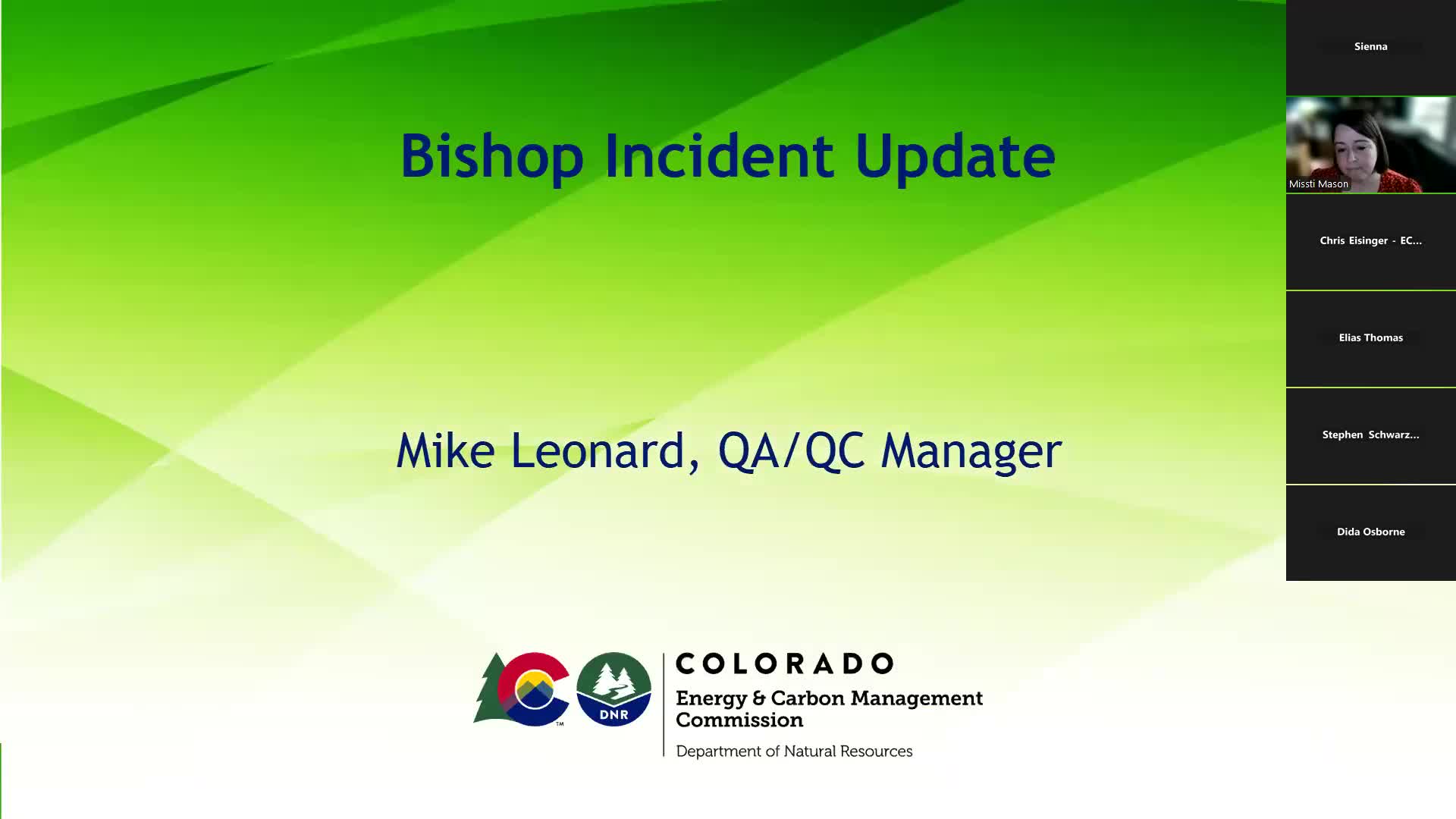
ECMC outlines Bishop loss-of-well-control response; issues Notice to Operators on pressure management
